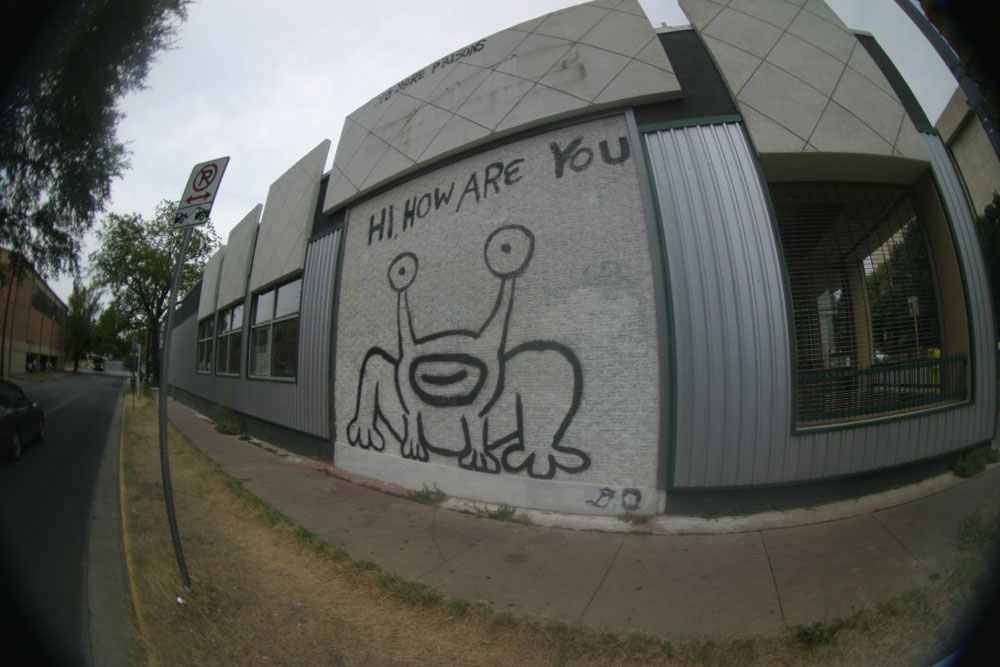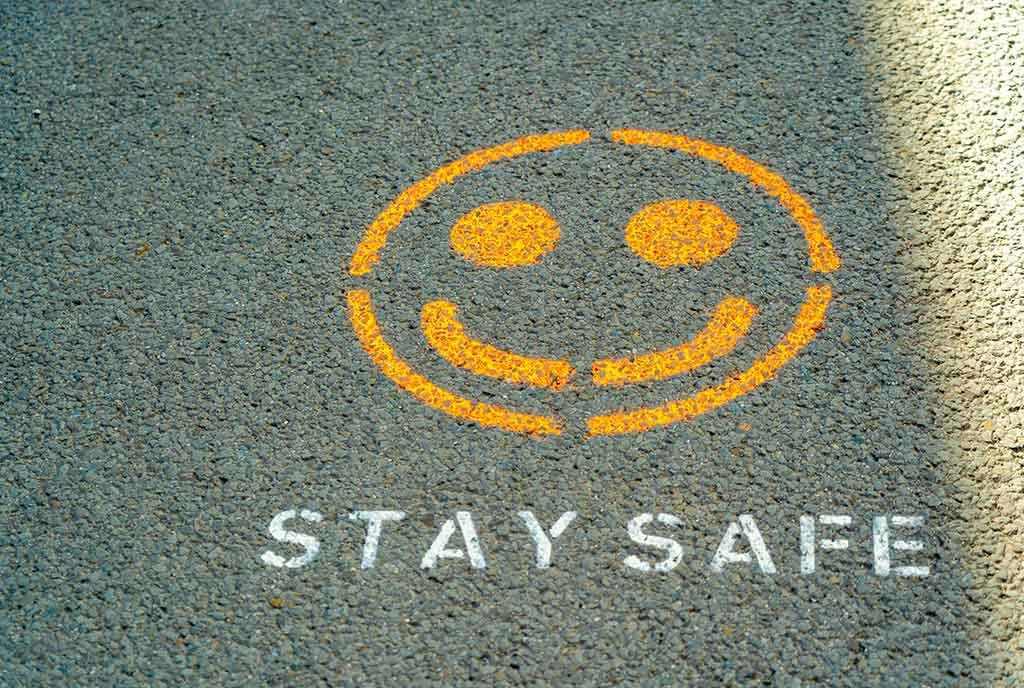
June 16, 2020; Texas Tribune and ABC News
The number of hospitalizations from COVID-19 cases in Texas is at its highest since the pandemic began, with 2,326 confirmed cases and only 1,626 intensive care beds remaining. Two thousand people have died so far. Meanwhile, Governor Greg Abbott’s plan to reopen the economy continues full force, placing him in direct conflict with local officials who have warned for weeks of limited resources, lack of testing, and overstaffed frontline hospital workers.
Stay-at-home orders in Texas expired back on April 30th, and the governor has since encouraged businesses to open their doors, including nonessential retail, malls, movie theaters, and restaurants. Personal-care services and gyms opened their operations on May 18th. Professional sports and summer camps were allowed to open on May 31st. The governor has issued orders to allow restaurants to operate at 75 percent capacity and other businesses at 50 percent, as of the second week in June.
However, with limited resources, poor testing, and overstaffed frontline hospital workers, local officials struggle to support the vulnerable populations who are disproportionately impacted by COVID-19. In El Paso County, for example, the majority minority population is Latine and Black, with 67 percent reporting Spanish as their native language.
In early May, local and health officials asked Governor Abbott to allow El Paso to open at a different pace than the rest of the state, but that barely gave them one or two extra weeks to prepare. Coronavirus in El Paso has continued to escalate, at 3,948 positive cases and 109 deaths—almost double what it was in mid-May. In a county with scarcely 500 ventilators, El Paso is both scarce in resources and geographically isolated to be able to deal with what is yet to come.
On Tuesday, mayors of nine cities, including El Paso, urged Abbott to give them the authority “to set rules and regulations on the use of face coverings,” which the governor has denied them. Local officials, so far, do not have the ability of imposing fines on people who refuse to wear face masks.
Sign up for our free newsletters
Subscribe to NPQ's newsletters to have our top stories delivered directly to your inbox.
By signing up, you agree to our privacy policy and terms of use, and to receive messages from NPQ and our partners.
“We think you would agree that a healthy economy starts with healthy people. If you do not have plans to mandate face coverings statewide, we ask that you restore the ability for local authorities to enforce the wearing of face coverings in public venues where physical distancing cannot be practiced,” read a letter signed by the mayors of Houston, San Antonio, Austin, Dallas, Fort Worth, Arlington, Plano, Grand Prairie, and El Paso.
The inability to regulate the use of face masks has prevented officials, for example, from denying entry of supermarkets to people who do not wear masks, generating multiple conflicts between essential workers and customers. Austin Mayor Steve Adler tells NPR that people are really confused about the importance of wearing face coverings because they are getting mixed messages from state and national leaders.
“When we started opening up the economy and when the governor took away from cities the ability to make it mandatory, more and more people stopped wearing them,” Adler says.
Governor Abbott, however, downplayed the request, resorting instead to highlight in a press briefing the “abundant hospital capacity” that allows Texans to “not have to choose” between returning to work and staying healthy, he said. He blamed the spike in COVID cases on “slow reporting,” jails, and nursing homes.
Meanwhile, in El Paso, Health Authority Dr. Hector Ocaranza raised the alarm on Monday that according to new research, roughly one in four coronavirus cases are transmitted by asymptomatic carriers. As hospitals deal with a shortage of PPE equipment, health officials have every reason to continue worrying about seeing people not wearing masks outside.—Sofia Jarrin-Thomas and Maseta Dorley













